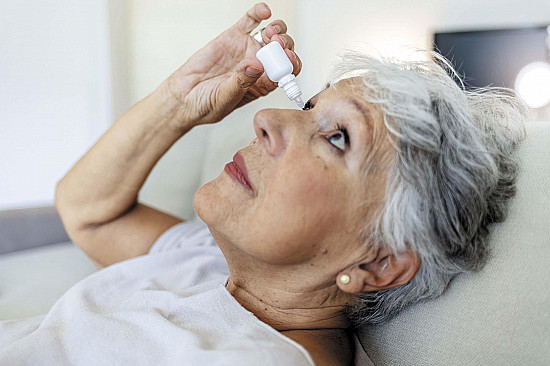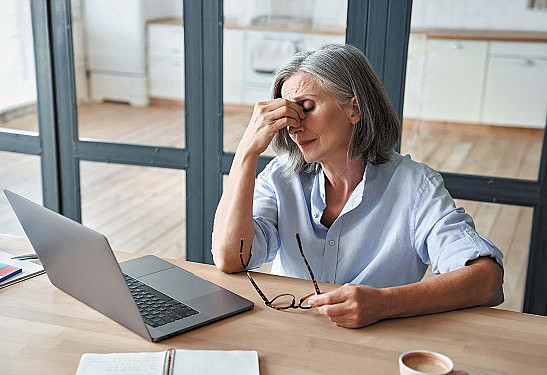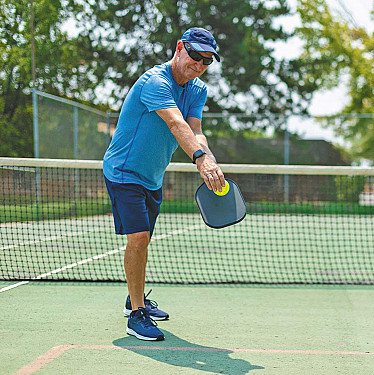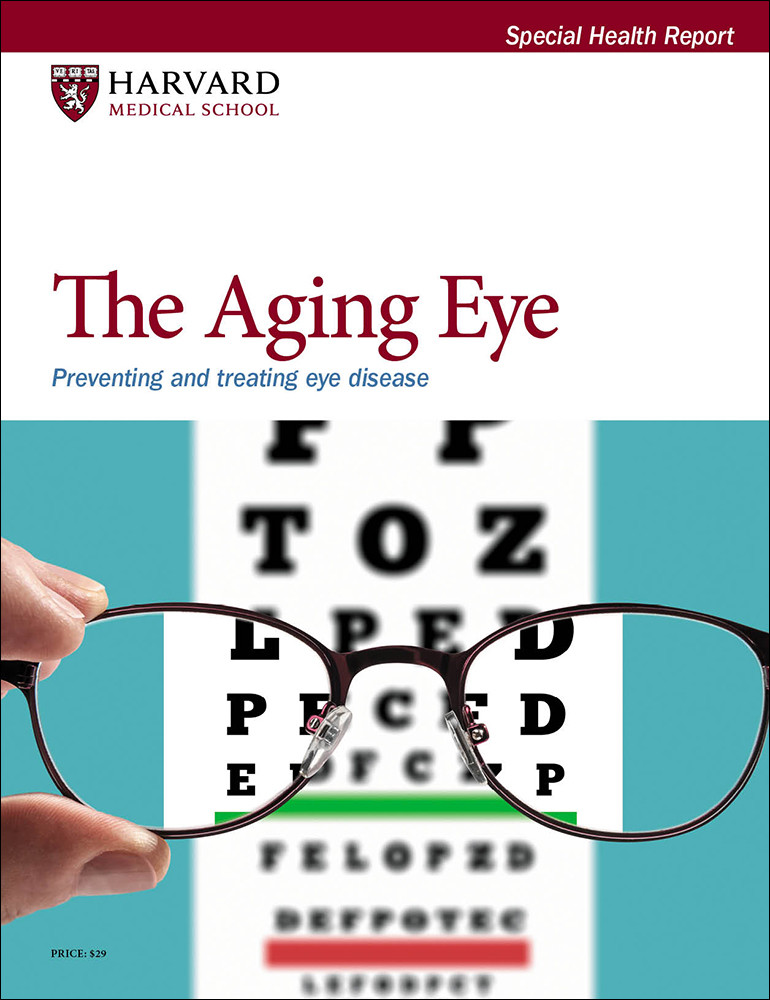How can I protect my eyes during a solar eclipse?
Ask the doctor

Q. A total solar eclipse is scheduled to cross North America on April 8. How can I view it safely?
A. You're smart to plan ahead, since viewing a solar eclipse — which happens when the moon passes between the sun and earth — may damage your eyesight if your eyes aren't protected. The light emitted from a solar eclipse isn't necessarily stronger than that from sunlight on an ordinary day, but we shouldn't gaze directly at the sun at any time.
Looking at the sun's rays without eye protection can lead to solar retinopathy. This injury to the retina includes symptoms such as blurry or distorted vision, blind spots, and headaches that can show up anytime from a few minutes to a few days later. To prepare to view a solar eclipse, you can purchase special solar eclipse glasses. They're available online, but look specifically for versions with an internationally accepted standard code — ISO 12312-2 — that indicates the glasses have the correct filtration needed to protect your eyes.
Even wearing solar eclipse glasses doesn't guarantee the activity carries no risk. If you view the eclipse and notice any visual problems afterward, get your eyes checked by an ophthalmologist.
Image: © LeoPatrizi/Getty Images
About the Author

Toni Golen, MD, Editor in Chief, Harvard Women's Health Watch; Editorial Advisory Board Member, Harvard Health Publishing; Contributor
Disclaimer:
As a service to our readers, Harvard Health Publishing provides access to our library of archived content. Please note the date of last review or update on all articles.
No content on this site, regardless of date, should ever be used as a substitute for direct medical advice from your doctor or other qualified clinician.
















